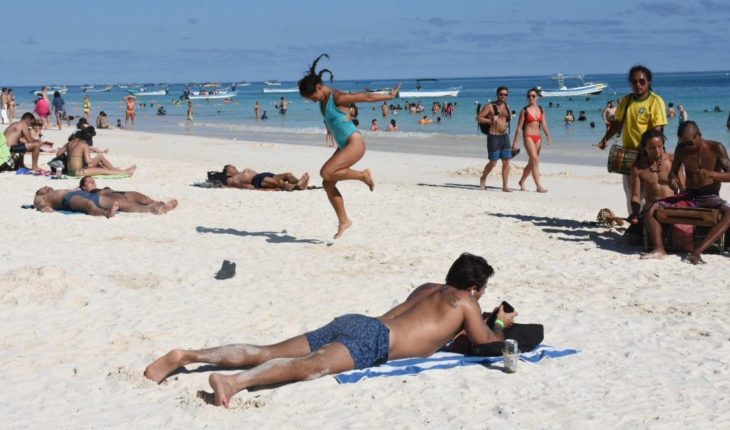Since 2007, on the orders of President Vicente Fox, three long weekends were established, with Mexicans having Monday as a mandatory rest.
On Wednesday President Andrés Manuel López Obrador said that he will propose reforms to the official timetable to end this and that the historical dates will be commemorated in his day, because people no longer know what is being celebrated.
The bridges that would be affected by the president’s decision would be the commemorations of 5 February, 21 March and 20 November. On September 16, Independence Day, the corresponding day is always celebrated and not covered.
Read: Farewell to Bridges: AMLO Announces Reform for Historic Dates to Be Held In Its Day
But how and why were long weekends born?
On January 17, 2006, the Decree of the Congress reforming article 74 of the Federal Labour Law was published in the Official Journal of the Federation to amend the compulsory rest dates for workers.
A few days later, on January 27, Fox Quesada issued another decree to establish these changes to the Official Calendar, which took effect a year later, in 2007.
Thus were born on long weekends that were as follows:
On the first Monday of February in commemoration of February 5, by the promulgation of the 1917 Constitution.
On the third Monday of March in commemoration of March 21, by the birth of Benito Juárez.
On the third Monday in November in commemoration of November 20, the beginning of the Mexican Revolution.
These changes sought to make weekends long “a new mechanism for tourism promotion that favors the domestic market”.
Thus the federal government would contribute to the promotion of domestic tourism.
The Federal Tourism Secretariat estimated that the first long weekend of 2020, which was this 4 February, would leave an economic spill of about 4 billion pesos, just for lodging.
The government of Guerrero reported that this long weekend left a spill of 405.3 million pesos, as 160 thousand 860 people visited the Triangle of the Sun, which includes Acapulco, Ixtapa – Zihuatanejo, and Taxco.
How are the rest of the holidays?
According to the Official Calendar, public holidays for workers in the units and entities of the Federal Public Administration that are held on their day (regardless of what day of the week it is) are:
January 1
May 1
May 5
September 16
December 1 every six years, by the change of executive power
December 25
What we do in Animal Político requires professional journalists, teamwork, dialogue with readers and something very important: independence. You can help us keep going. Be part of the team.
Subscribe to Animal Politician, receive benefits and support free journalism.#YoSoyAnimal
translated from Spanish: These are long weekends you want to eliminate AMLO
February 5, 2020 |





